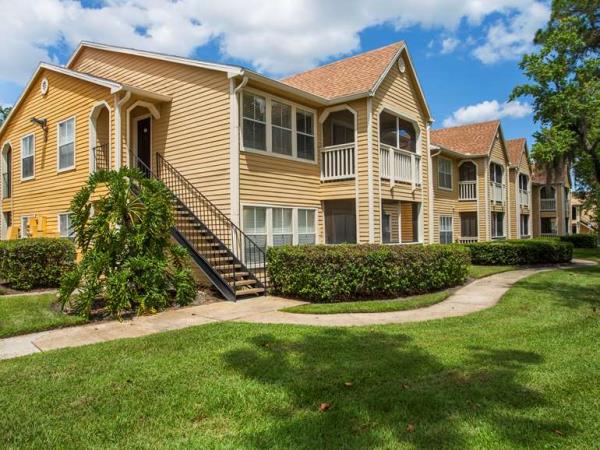One of the primary reasons that people invest in real estate is for the reward of appreciation. The pay day from appreciation is the sweetest part of every deal. But it is important to understand that while the end result of appreciation may be the same, the causes can be vastly different; therefore, not all appreciation is created equal.
Natural Appreciation
Most know appreciation as what happens over time when you own a house. Because land is finite and theoretically supply decreases over time in key areas, people see prices increase due to market forces. Other factors that contribute is the natural effect of inflation on home values. So how much of your home’s appreciation Is due to market forces versus appreciation? Hard to tell.
Many people feel financially better off when natural appreciation occurs. Every house in America is more expensive than it was 50 years ago; however, we have to understand that the dollar is not as strong due to an increased money supply. Therefore, more dollars are needed to have the same effect on the purchase and sale of goods. Do not feel bad at all if your home has increased in value by tens of thousands of dollars since you purchased it. Heck, you grew wealth. Just know that for your next investment, there are better and more sure ways to gain real equity.
Forced Appreciation
Forced Appreciation is a different concept and, whereas natural appreciation is uncontrollable, forced appreciation allows investors to strategically control equity growth. Building on the concept discussed in my earlier Price versus Value post, forced appreciation happens when an investor makes an improvement to an asset that increases its value as a result.
Forced appreciation does not happen as a result of market forces like natural appreciation; it occurs from value-add efforts (learn about this investment strategy). For example, when an investor finds a two-bedroom single family house in a great neighborhood full of three-bedrooms, he or she may discover an opportunity to convert add another bedroom to the house to increase its value. Doing so alongside with other improvements will increase the properties value to a range that more closely aligns with the rest of the neighborhood.
In multi-family investing, individuals and partners will force equity through improving the net operating income of the property (raising rents or other income and reducing expenses). They can do so by painting interiors/exteriors, adding units, changing property management companies, reducing utilities and so on. As a result of these value-added improvements, investors force appreciation and equity.
Now, it is fair to recognize that when forcing appreciation and later selling your asset, you do not always know how much of that appreciation is attributed to market forces. For example, an individual investor may sell her single-family home at a higher price per square foot than what one would pay in an earlier market; or a team of investors may sell their apartment at a lower cap rate (which means paying a higher price for the same net operating income) than what could be obtained in an earlier market.
Both of the above scenarios are great results and bring real wealth and you can cry all the way to the bank. However, value growth based on the market is harder to control; value growth based on improving asset performance is manageable and brings results!
Remember…
Regardless of your investing niche, never to count solely on natural appreciation in your investment decision making. Identify ways to add value and force appreciation so that you are not solely counting on (or speculating, as some would argue) the market to allow your deal to make sense.
Sign Up For Our Newsletter 👇🏾
Subscribe to My Channel 👇🏾

💡Invest Your Retirement w/ eQRP
– I Rolled My 401k Into eQRP to Passively Invest In Apartments

